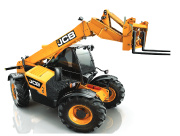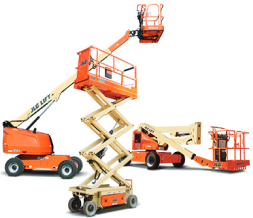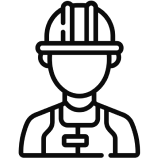Popular Equipment

Air Compressors
Air Compressors

Earth Moving
Mini Excavators

Earth Moving
Skid Steer

Power
Generators

Power
Light Towers

Aerial Lifts
Electric Scissor Lift

Aerial Lifts
Telescopic Boom Lifts

Material Handling
Telescopic Forklifts

Material Handling
ForkLifts

Material Handling
Rotating Telehandlers

Air Compressors
Air Compressors

Earth Moving
Mini Excavators

Earth Moving
Skid Steer

Power
Generators

Power
Light Towers

Aerial Lifts
Electric Scissor Lift

Aerial Lifts
Telescopic Boom Lifts

Material Handling
Telescopic Forklifts

Material Handling
ForkLifts

Material Handling
Rotating Telehandlers
prev
next
Browse Equipment

Equipment Safety Training
Our “Safety First” programs properly equip your crew with the skills required to operate safely on any jobsite.
Equipment - Browse our extensive fleet of equipment

Aerial Work Platforms

Earth Moving

Forklifts

Generators

Lighting

Material Handling

Storage Containers

Air Compressors
Services & Solutions

Mobile Solutions
Digital services that help streamline operations. Run an efficient worksite - all from your phone.

Service and Support
The exceptional service and support you need to ensure project success, available 24/7

Expert Jobsite Evaluation
Our experts provide you with the best possible equipment to achieve project productivity

Join our team!
Great company. Great people. Great opportunities.
Start Renting
Click below to send a rental request to our staff.

Need Assistance?
Click below to send a message or call us at 1-888-GET-LIFT to quickly connect with an expert.



